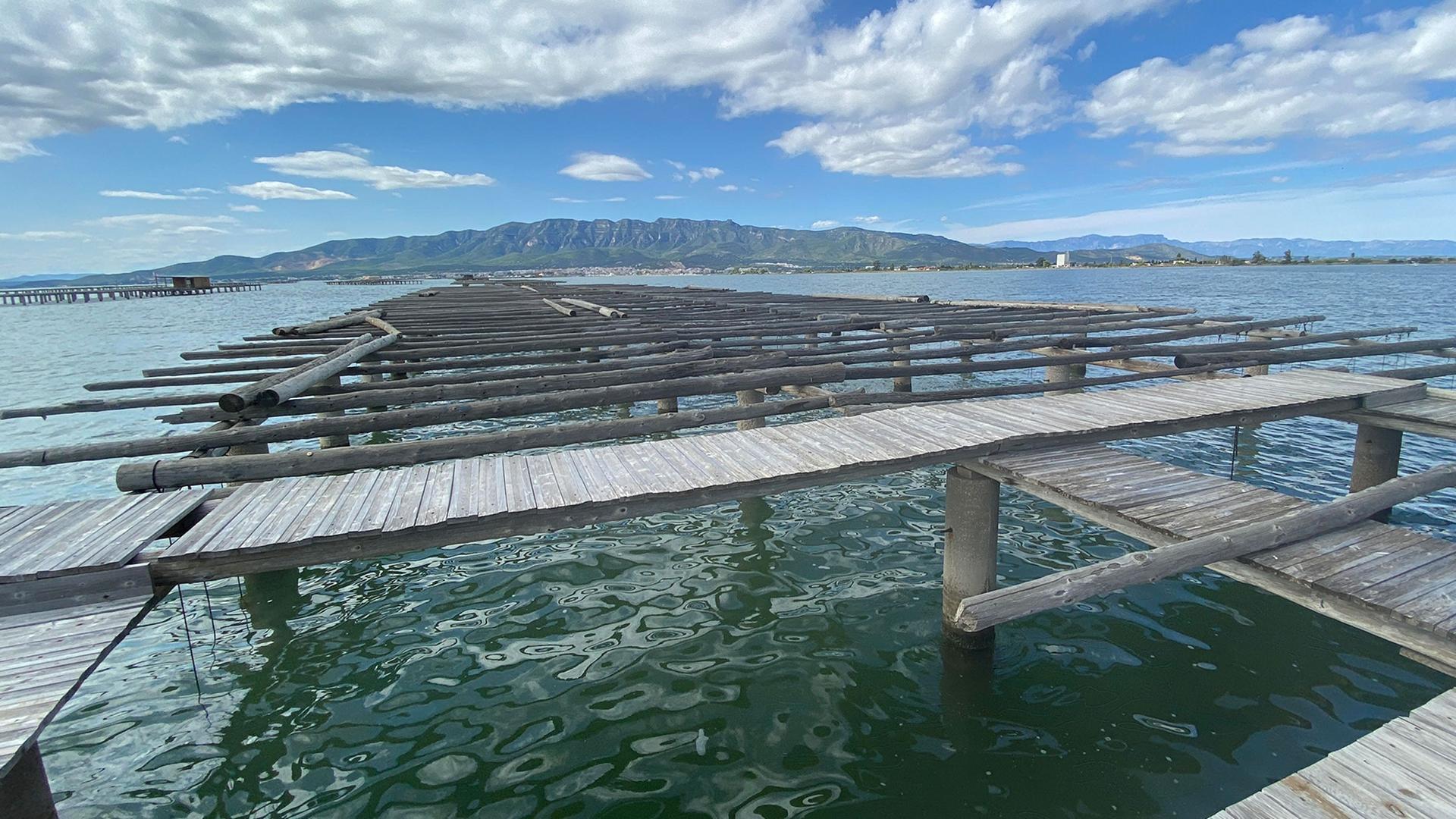Unusually warm seas kill off mussel harvests in Spain, leaving restaurant owners with limited options
In Spain, local mussels are a summer delicacy. But this year’s Mediterranean harvest was nearly wiped out by unusually warm seas. And if that wasn’t bad enough, the entire crop of baby mussels seeded for next year’s harvest has also died off.
Most Mediterranean mussels are grown in the Ebro Delta, in Spain’s northeast, and often enjoyed by consumers nearby.
At typical Spanish mussel joints, waiters place rubber buckets on the floor around the tables where customers can chuck their empty shells. One such place is called Avi Agustí, a wooden hut held up by vertical pilings. At outdoor tables, tourists can sample the local haul, steamed and usually as fresh as they come.
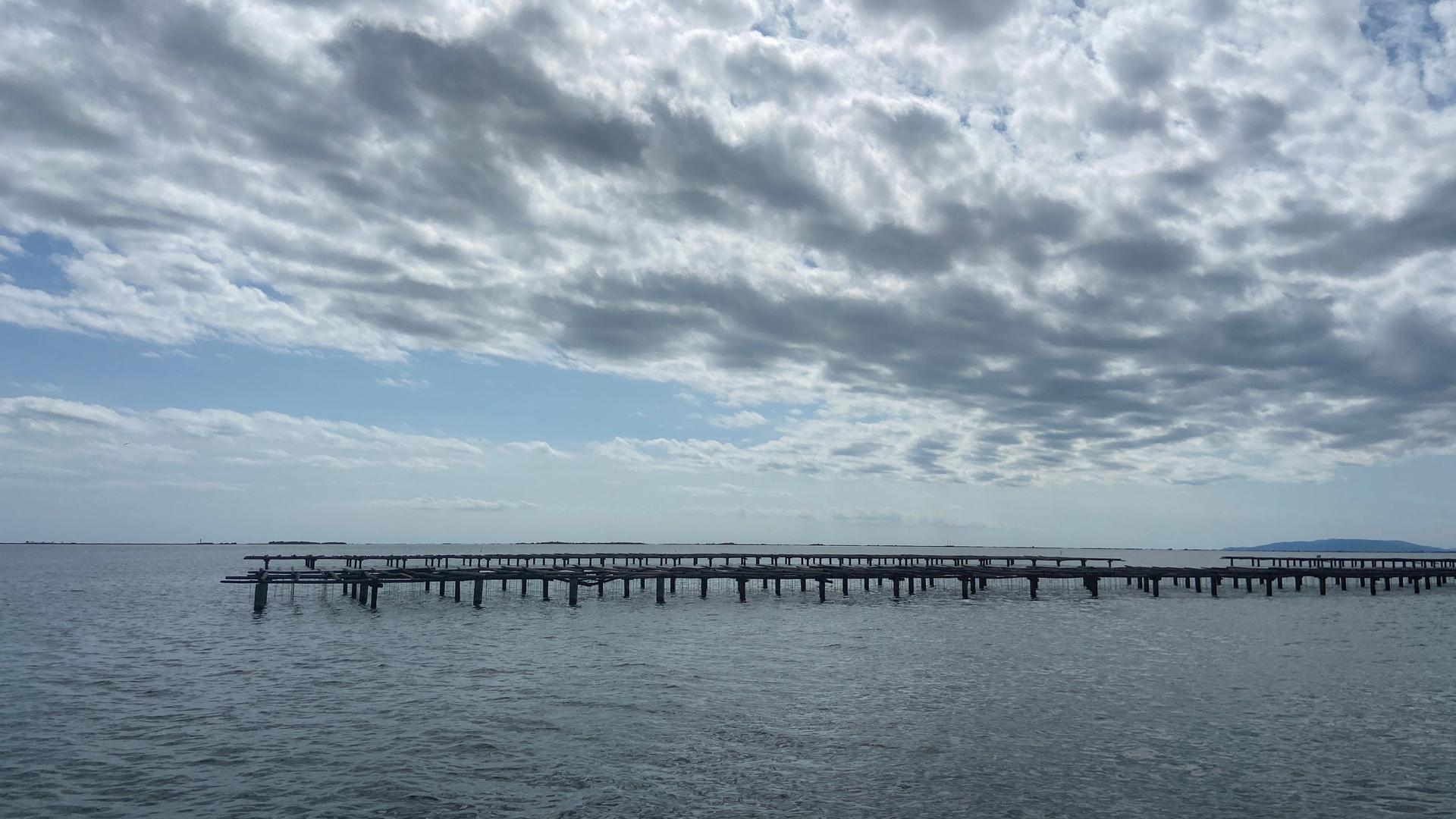
This year, however, the mussels had to be trucked in from Italy, according to owner Jonah Gomez.
“We’d reserved this entire mussel dock for these tourist tastings. But all of the mussels on our 75 lines have died.”
“We’d reserved this entire mussel dock for these tourist tastings,” she said. “But all of the mussels on our 75 lines have died.”
Jonah’s son, Eric, pulled up one of the thick ropes dangling from the dock into the 10-foot-deep water. It was caked with the mollusks. Each was hand-glued to the line a year ago. They look like they’re fine, but, in reality, they’re not.
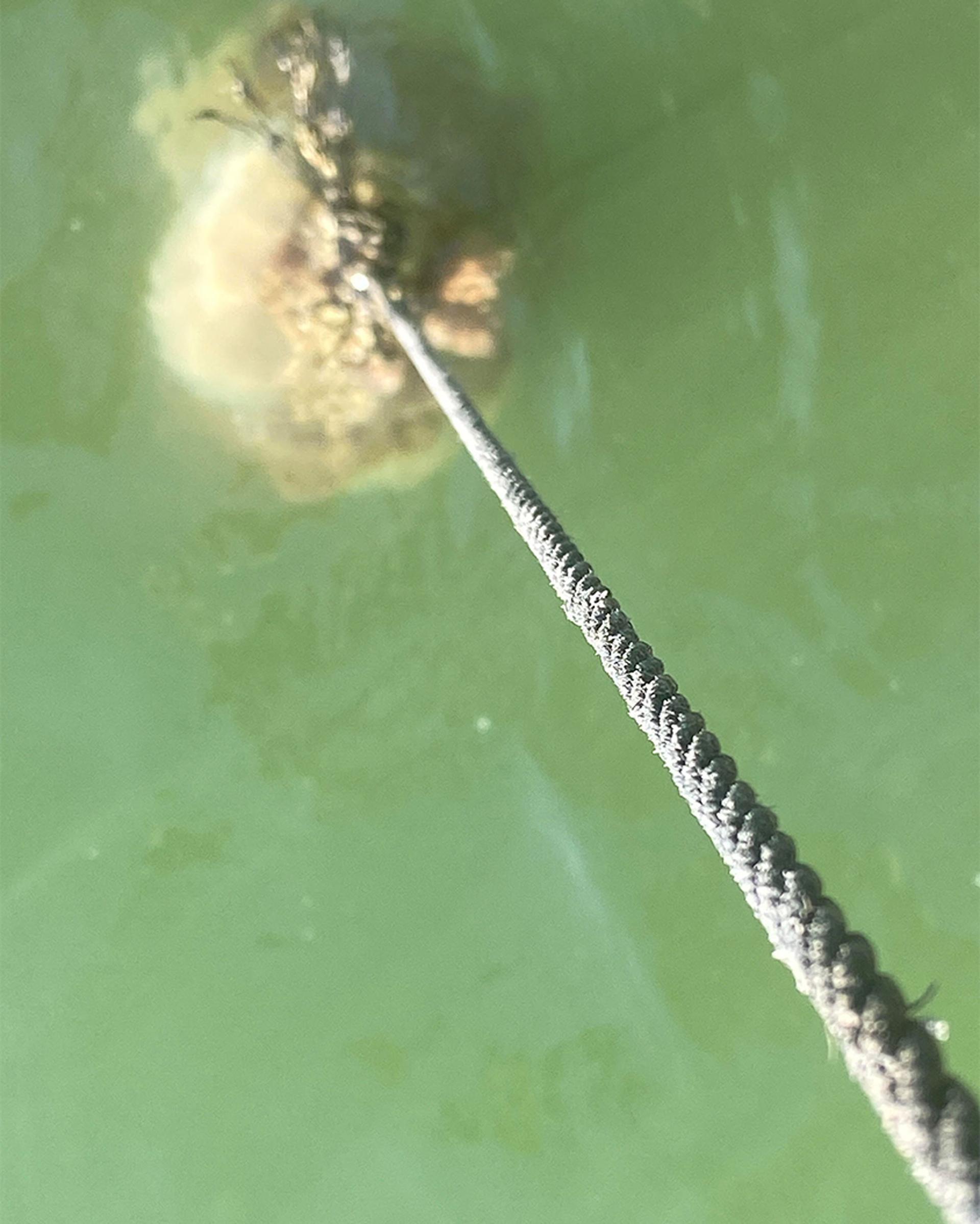
“This summer’s heat was uncommon,” Jonah said. “The sea is always warmer in August, but once it gets above 82 degrees [Fahrenheit], the mussels die.”
Spain had a record 42 days of water temperatures over that 82-degree line. It was an unprecedented underwater heat wave.
“It climbed past 86 degrees, then all the way to 90,” Jonah said. “Not the air temperature, but the water. It’s unacceptable.”
Unacceptable, but also uncontrollable. Seawater is influenced by air temperature, among other things. And in Spain, this summer was very hot. And day after day, week after week, that heat warmed the sea.
Spain does produce mussels in other regions. But Delta mussels are loved for their small size, and unique flavor — one that they get from the brackish waters where the Ebro River spills into the Mediterranean — and mussel-enthusiasts really love them.
So, it’s become a problem for restaurants like Pepe’s Bar, a nearby beachside spot. In the kitchen a cook watched over mussels steaming in a cauldron. But like Avi Agustí’s, they were also imported, these ones from Greece.
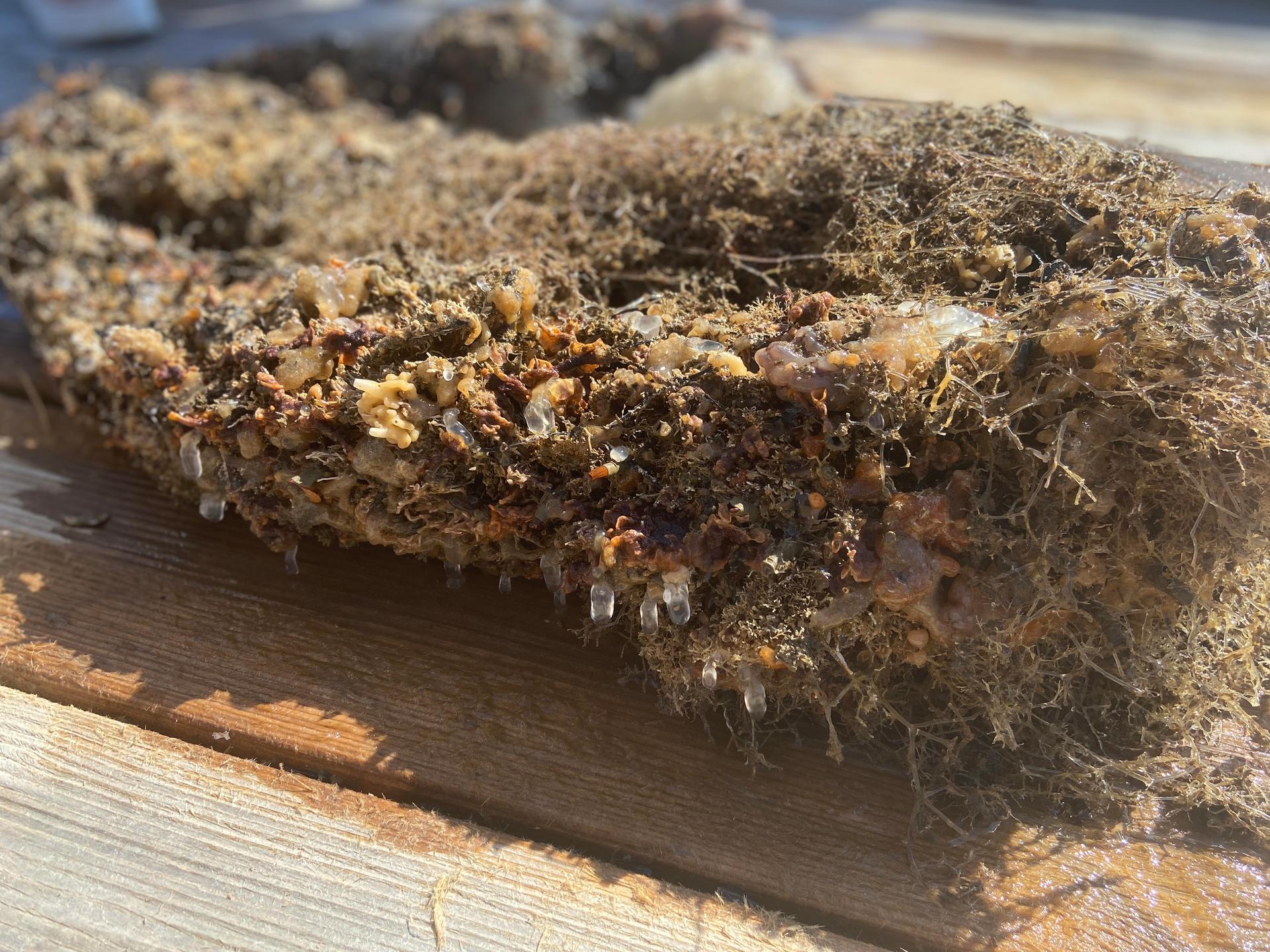
Waitress Sandra Teayazco said that diners will often ask whether her mussels are from the Delta.
“When you tell them the Delta mussels are finished, many customers say ‘forget it,’” she said.
Lluisa Ripoll is a fifth-generation fishmonger who owns a food stand at Barcelona’s iconic Boqueria market. It’s where tourists and locals can be seen rubbing shoulders as they shuffling past each other. These days, Ripoll said she has only Atlantic mussels on ice, which are bigger and saltier than their Mediterranean cousins. They’re delicious in their own way, she she explained, but she worries about the loss of biodiversity, and how that could affect sales.
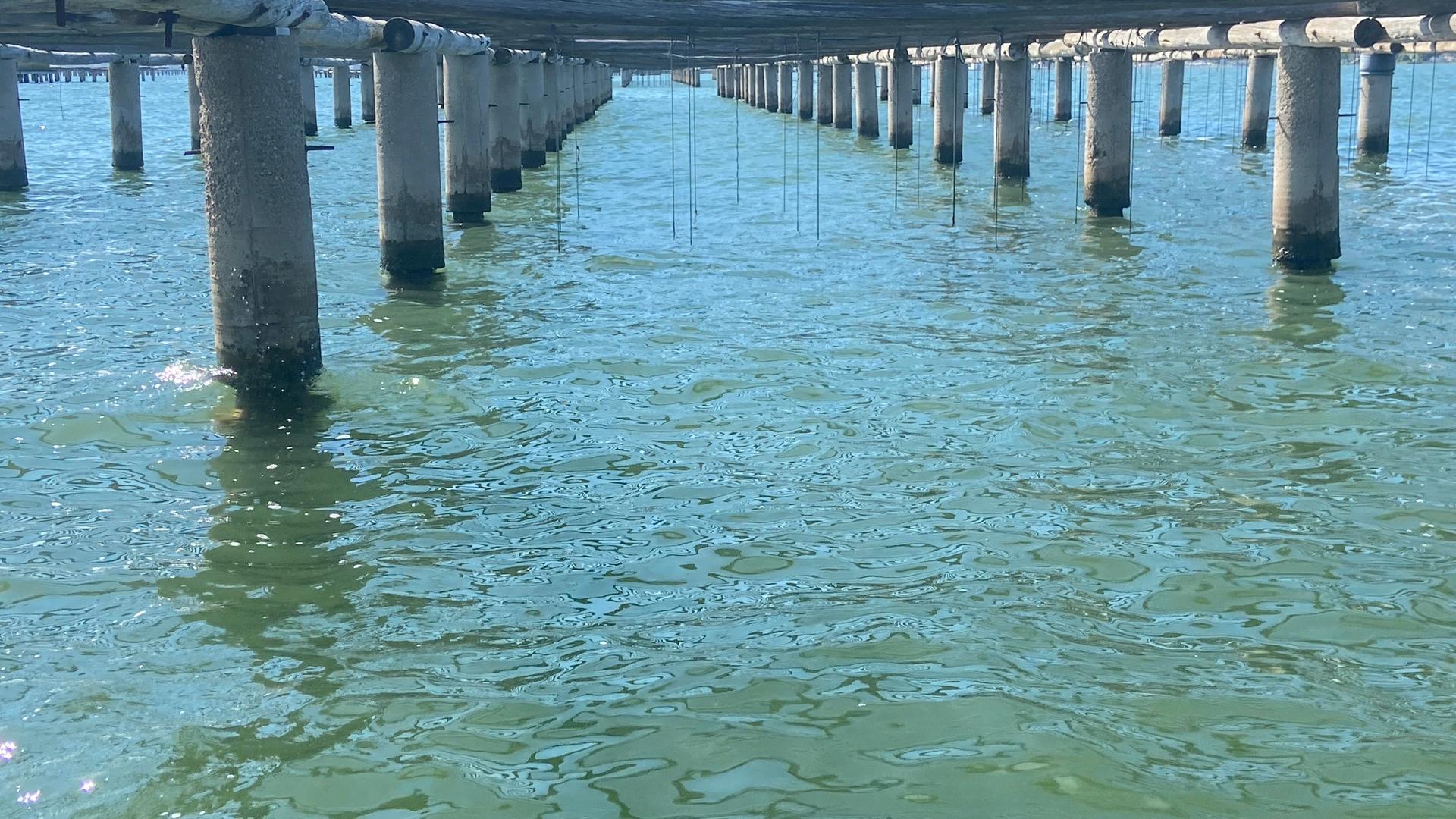
“If there are no Delta mussels, the price of other mussels goes up due to supply and demand,” she said. “It’s a problem for us, because we can no longer offer them.”
Spain has lost roughly 8 million pounds of Mediterranean mussels this season. But Ripoll’s family has survived thus far by adapting. Just a couple years ago, she said, she never dreamed that customers would buy seafood online. It’s now a big part of her business. She adds that she’s confident she’ll make it through the mussel shortage, because sells a variety of fish and other seafood.
For the Gomez family down at the Ebro Delta, however, the outlook is grimmer.
“You just lose your entire investment like that,” said Jonah, tossing her lifeless mussel line back in the water. “Even the imported ones died,” she said. “So now, we have to go back and import again.”
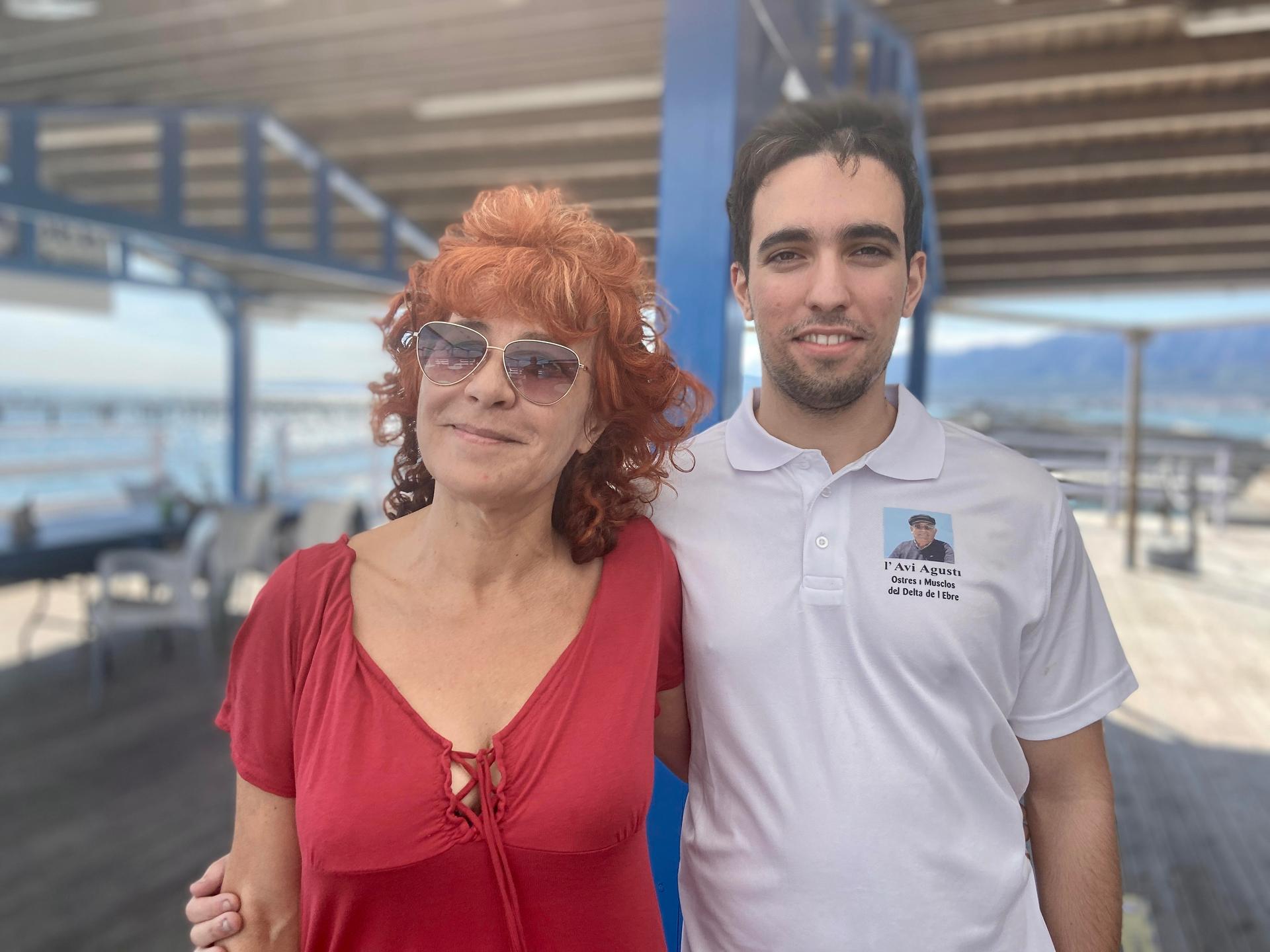
She said she can only hope that, in October, the water temperature drops enough.
“But you never know,” she said. “We’re forever vulnerable to these conditions.”
Growers worry that, with climate change, this summer’s heat wave could now be the new normal. The only solution they can think of is moving their docks farther out to sea into deeper, cooler and saltier waters. Even if that were to alter the flavor of their mussels, they say, it would be better than having none at all.
Related: A UN report says Earth faces ‘unprecedented’ threat to biodiversity
Our coverage reaches millions each week, but only a small fraction of listeners contribute to sustain our program. We still need 224 more people to donate $100 or $10/monthly to unlock our $67,000 match. Will you help us get there today?
